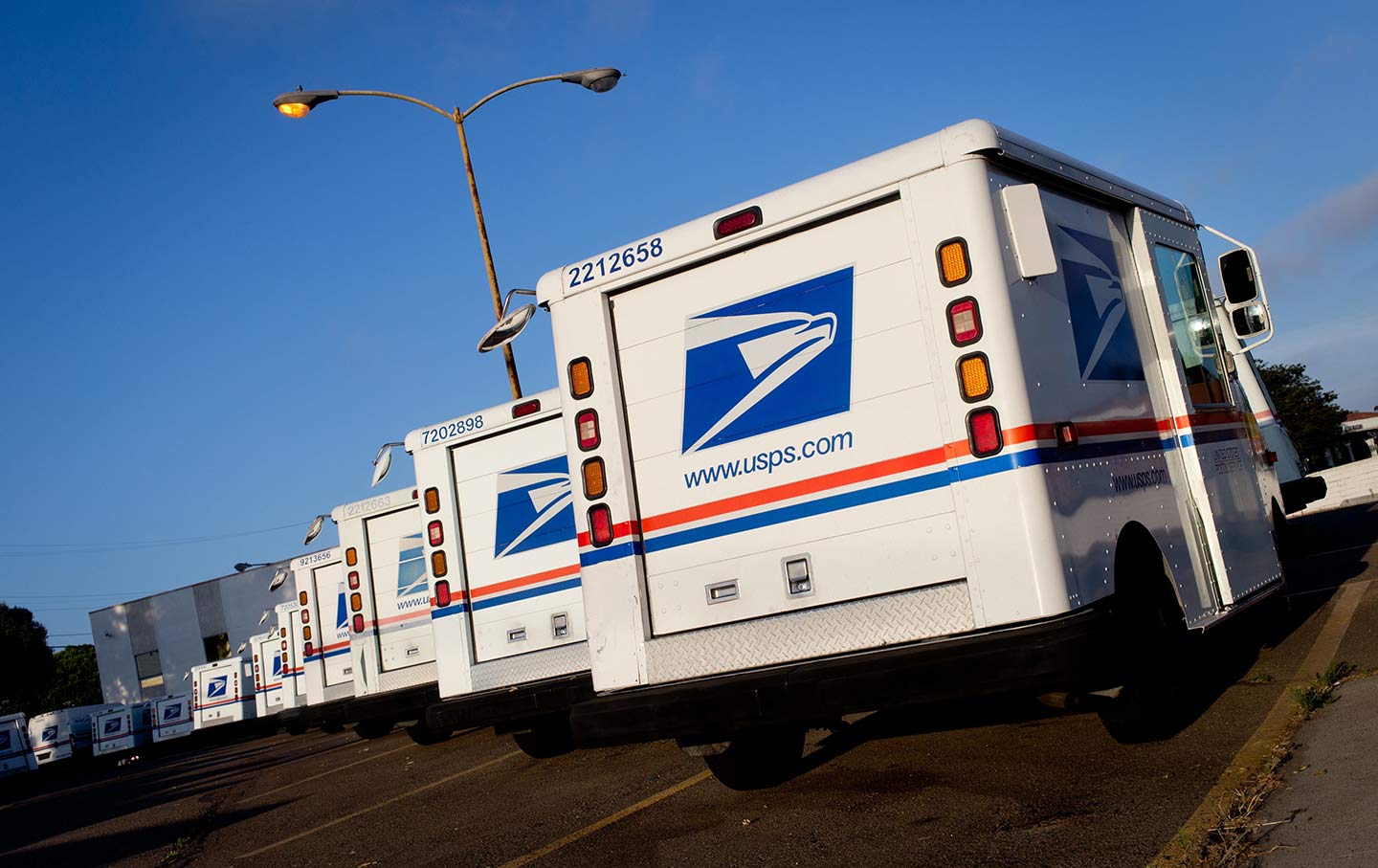For years, the United States Post Office (USPS) has been an institutional and critical piece of the United States public services. It was created in 1792 and was transformed by the Postal Reorganization Act of 1970 as independent agency. Forty-eight percent of the world’s mail volume is handled by the Postal Service and has collective bargaining agreements with seven different unions, representing nearly 500,000 employees. Simply put, the USPS exists to make sure every American has access to basic mail service.
Although still having a formidable and important role in our society, recent trends have seen the USPS revenue decline in a major way. Mail volume peaked in 2001, declining by forty three percent as of 2017, which is mainly due to the rise of email and internet for communication and business operations. Additionally, private courier services have vastly improved capabilities, such as Amazon, UPS and FedEx.
Snail Mail is No Longer the Norm
The new competition has left a downbeat mark on the USPS. Most recent reports have shown that the department has a negative net worth of $65 billion and an additional $140 billion in unfunded liabilities. USPS is expected to run out of financial resources by 2021. That date has accelerated rapidly because of the COVID-19 pandemic.
Fewer people and businesses are sending mail because of the outbreak, which will accelerate the decline of the USPS and could close its doors as early as September 2020. Another factor is recent benefit legislation. Postmaster General Megan Brennan has been openly negative about the agency financial obligation that requires to set aside $5.5 billion per year in prepaid health benefits for retired employees.
While the Postal Service received $10 billion in borrowing authority under the Coronavirus Aid, Relief, and Economic Security (CARES) Act, the agency’s Board of Governors is asking Congress for $75 billion in total financial relief in the next coronavirus spending bill. Without proper Federal intervention the USPS could close its doors for good.
During a recent press release, Megan Brennan wanted to remind the Federal government and the people of the United States how critical the USPS really is. “We are at a critical juncture in the life of the Postal Service. At a time when America needs the Postal Service more than ever, among other things, the postal service delivers prescription drugs to people who desperately need them, medical supplies and protective gear to first responders and hospital personnel, materials for conducting the 2020 Census and, most vitally for the sustainability of American democracy, mail-in ballots come November.”
For now, The Postal Service will continue to operate and do what they can until additional funding is allocated. Unless Congress and the White House provide meaningful relief in the next stimulus bill, the Postal Service could cease to exist – something that we cannot truly allow. Doing so would deepen our economic crisis and eliminate an important service to every American.
Sources
- https://www.vox.com/energy-and-environment/2020/4/22/21229132/usps-coronavirus-electrify-postal-trucks
- https://www.commondreams.org/news/2020/04/23/working-save-democracy-postal-service-reaffirms-policy-delivering-mail-ballots-even
